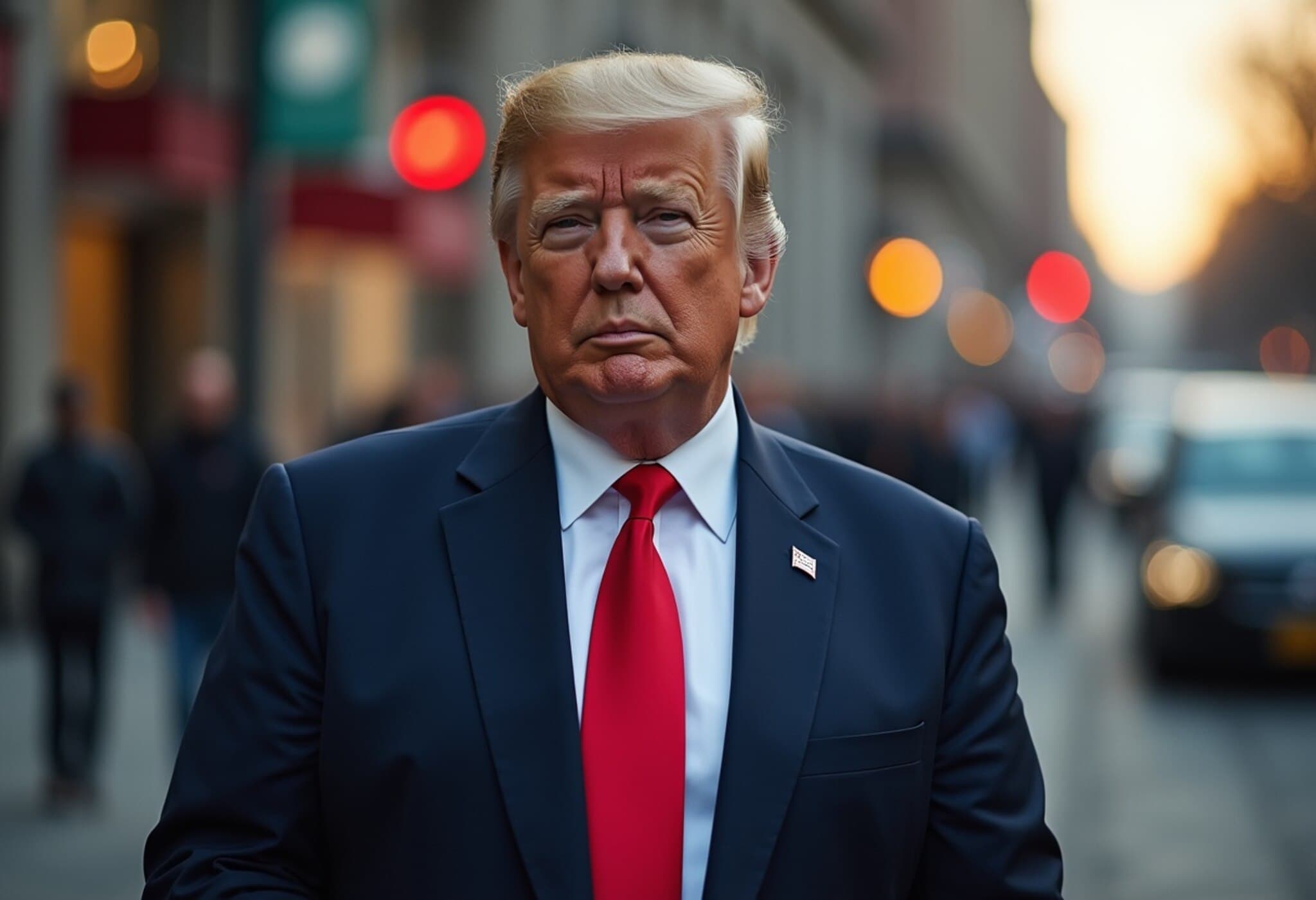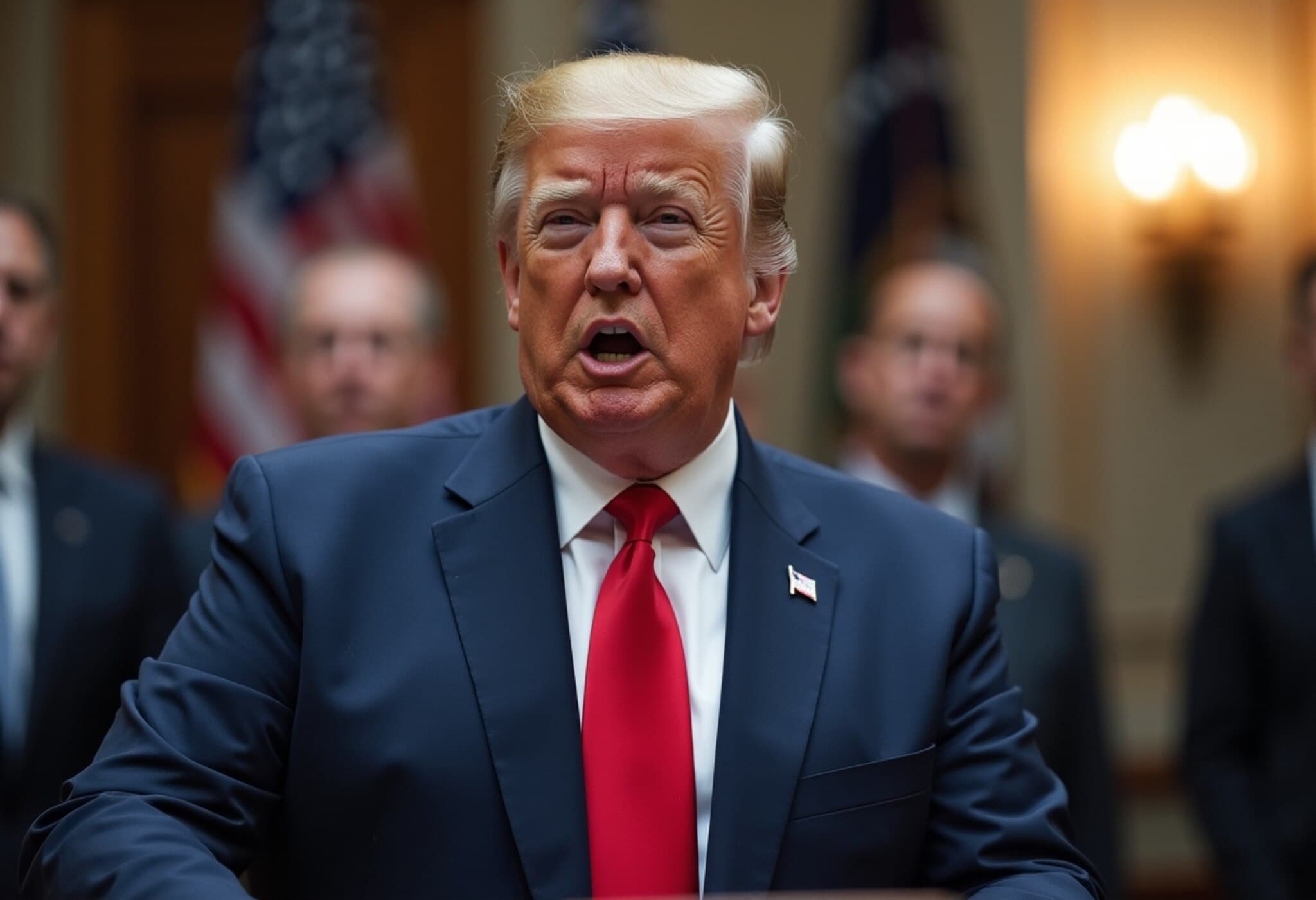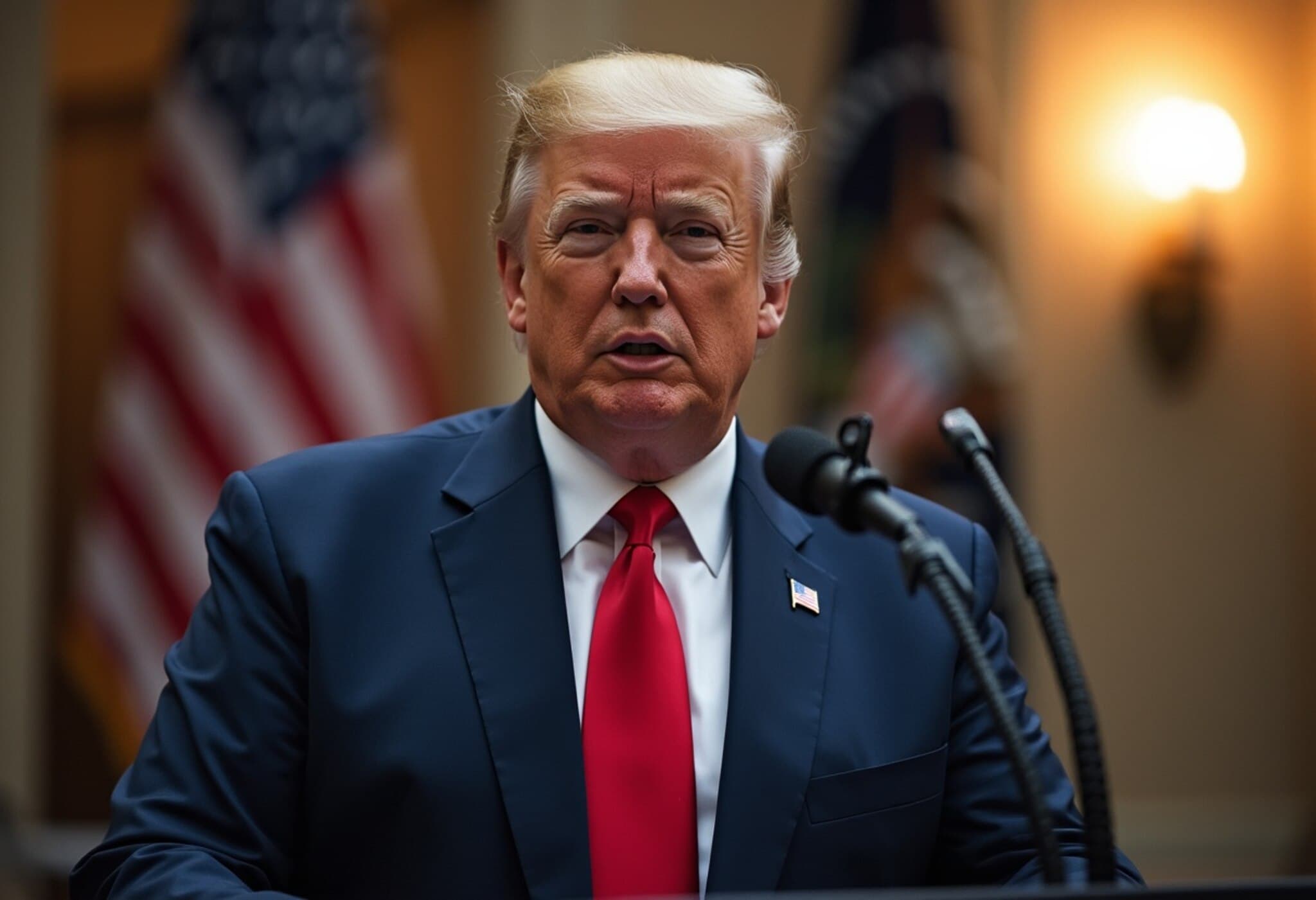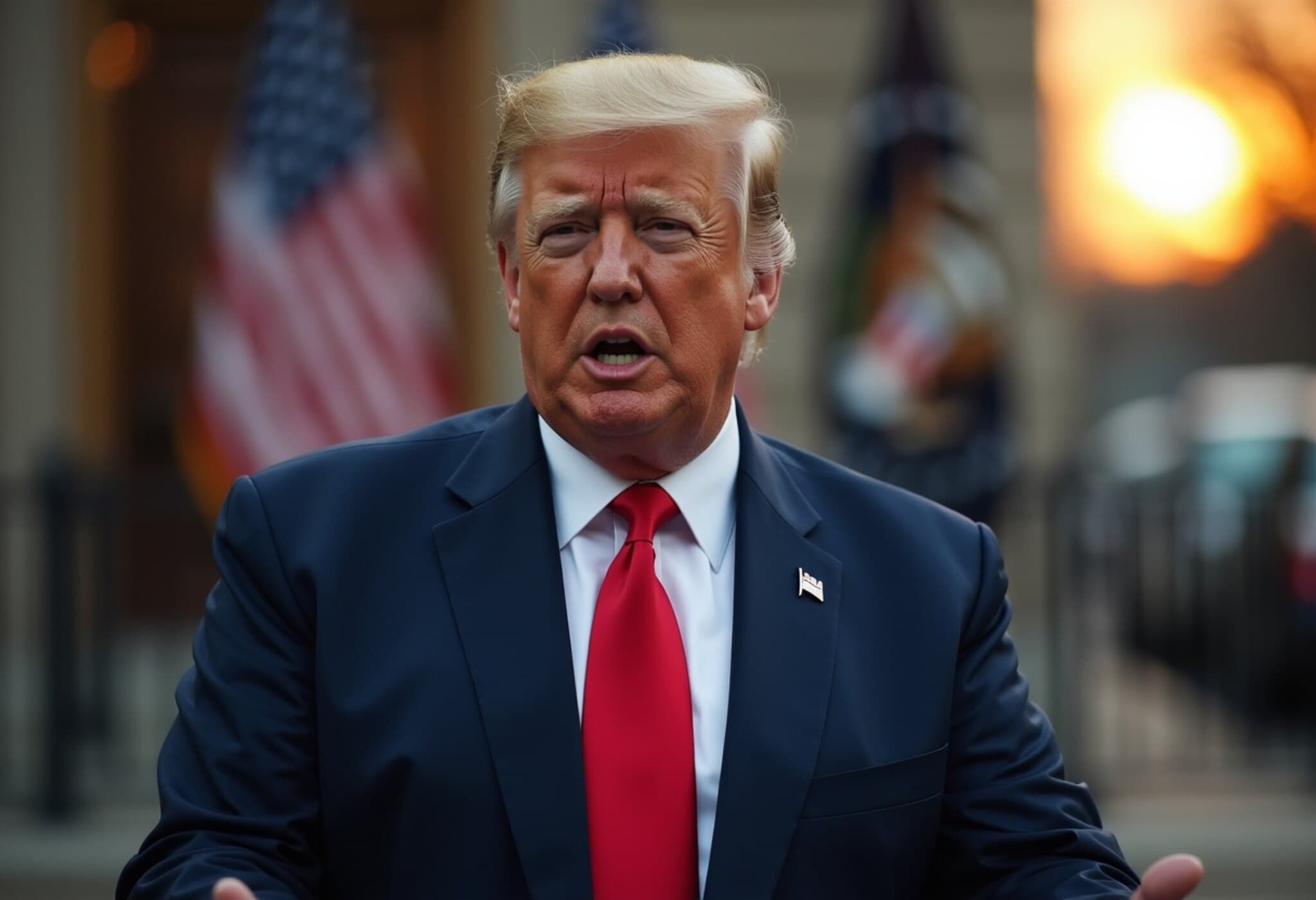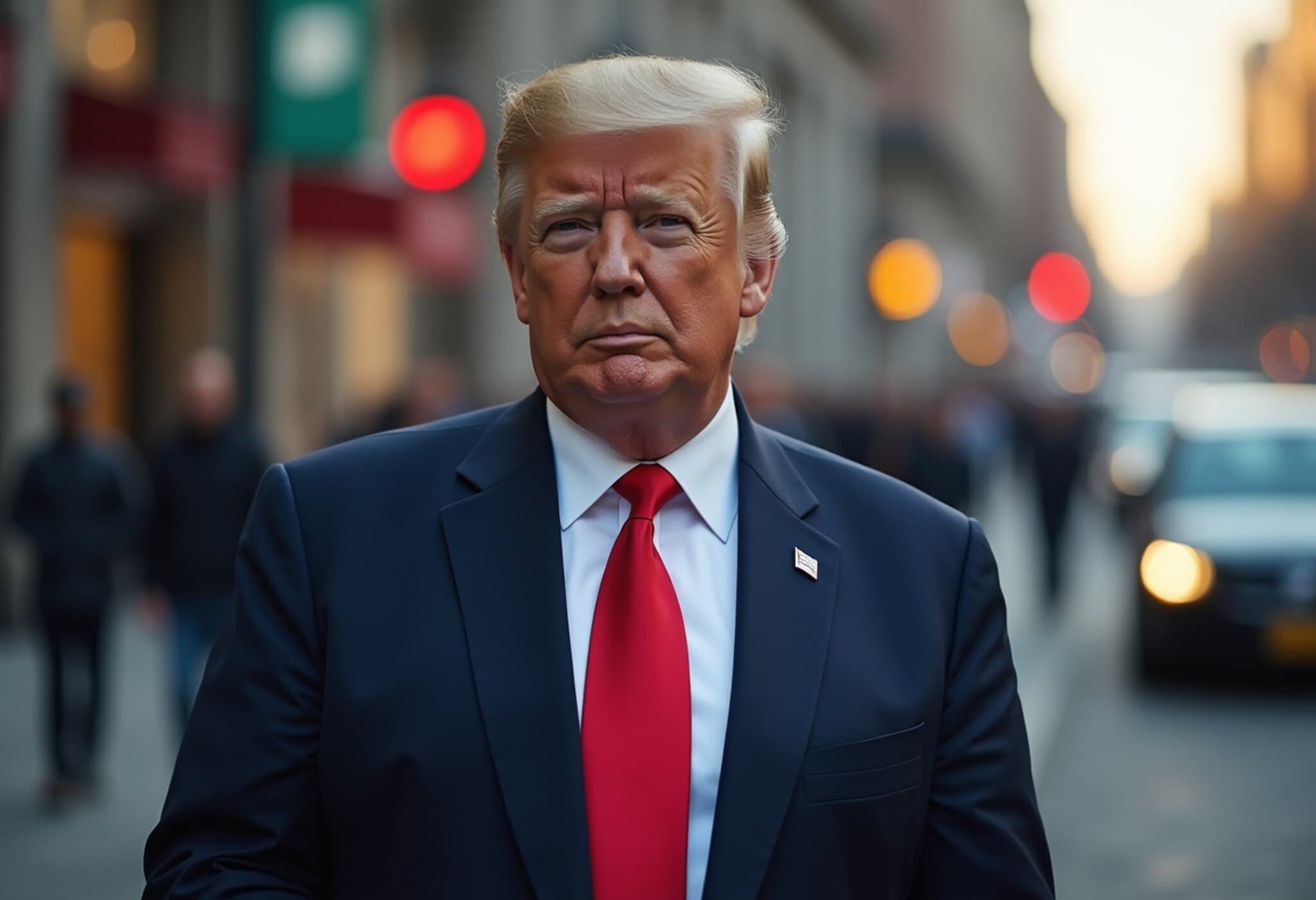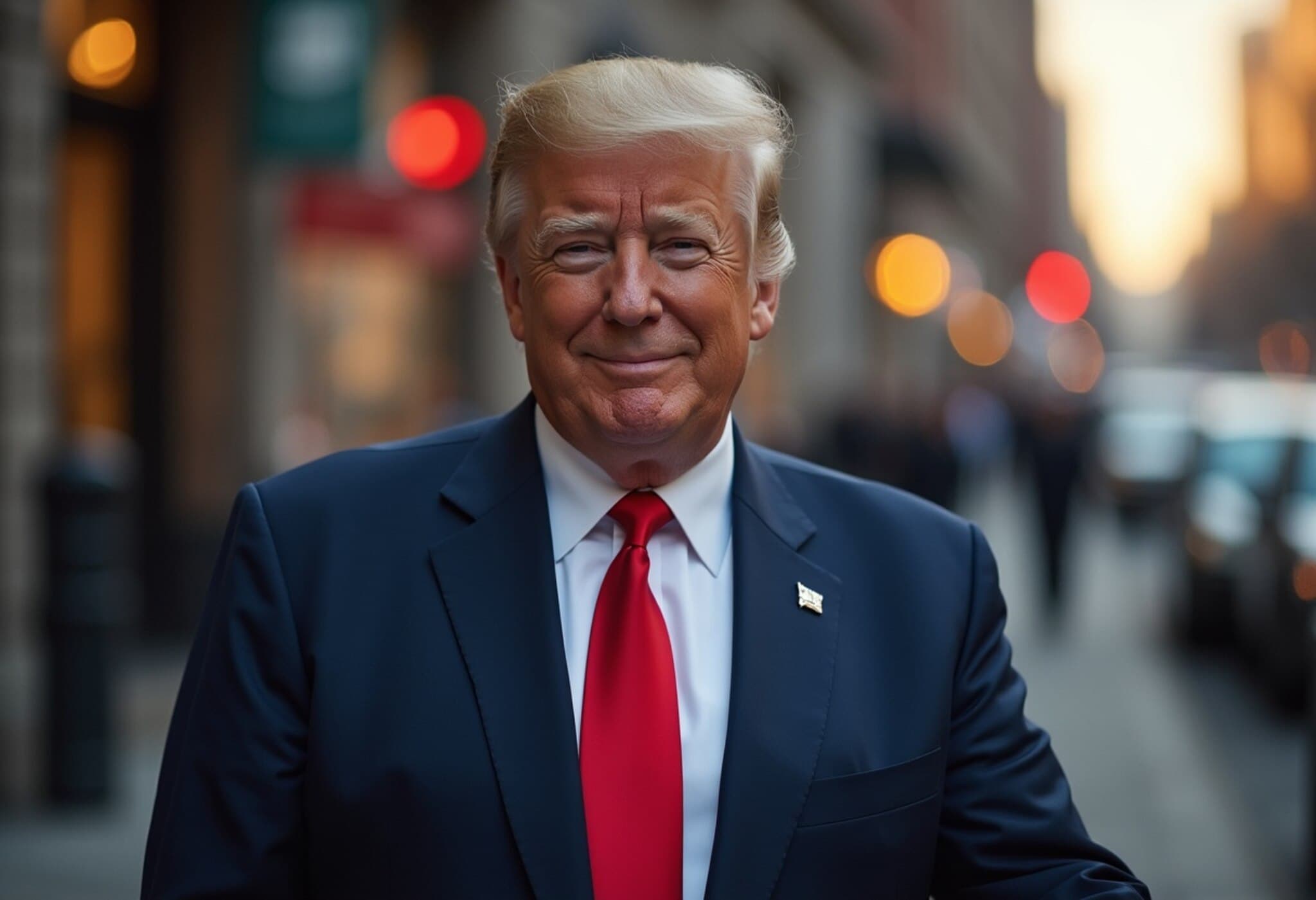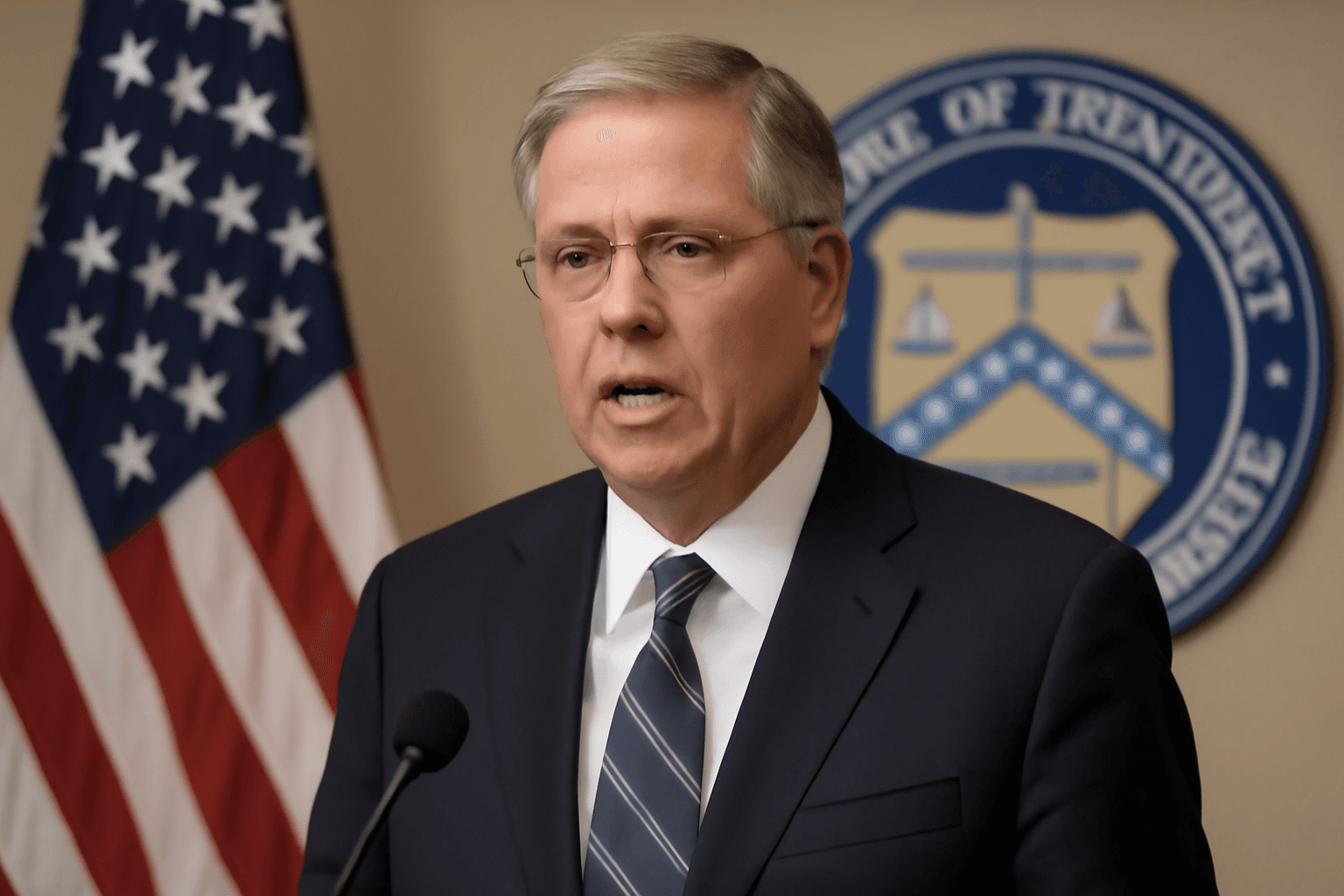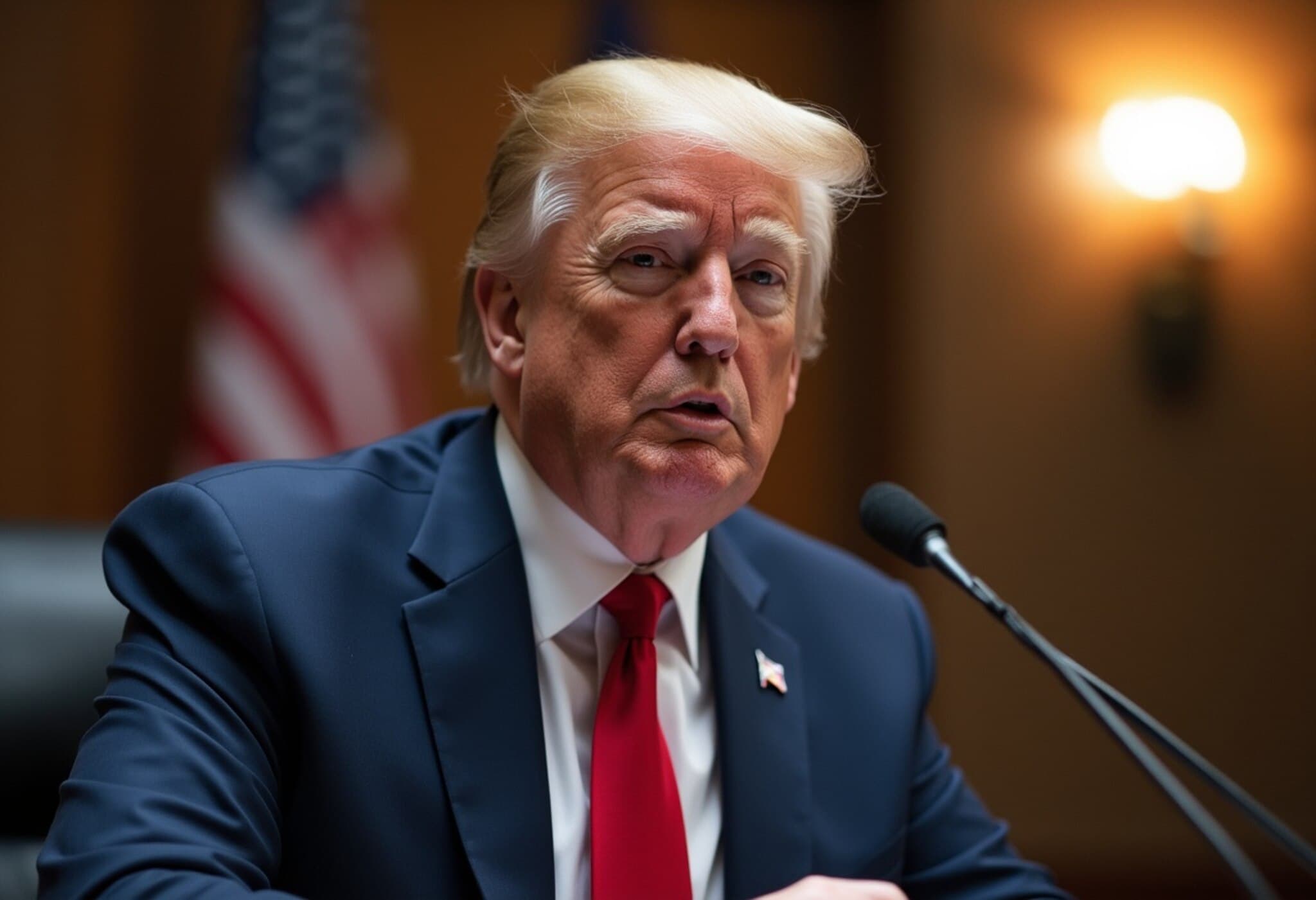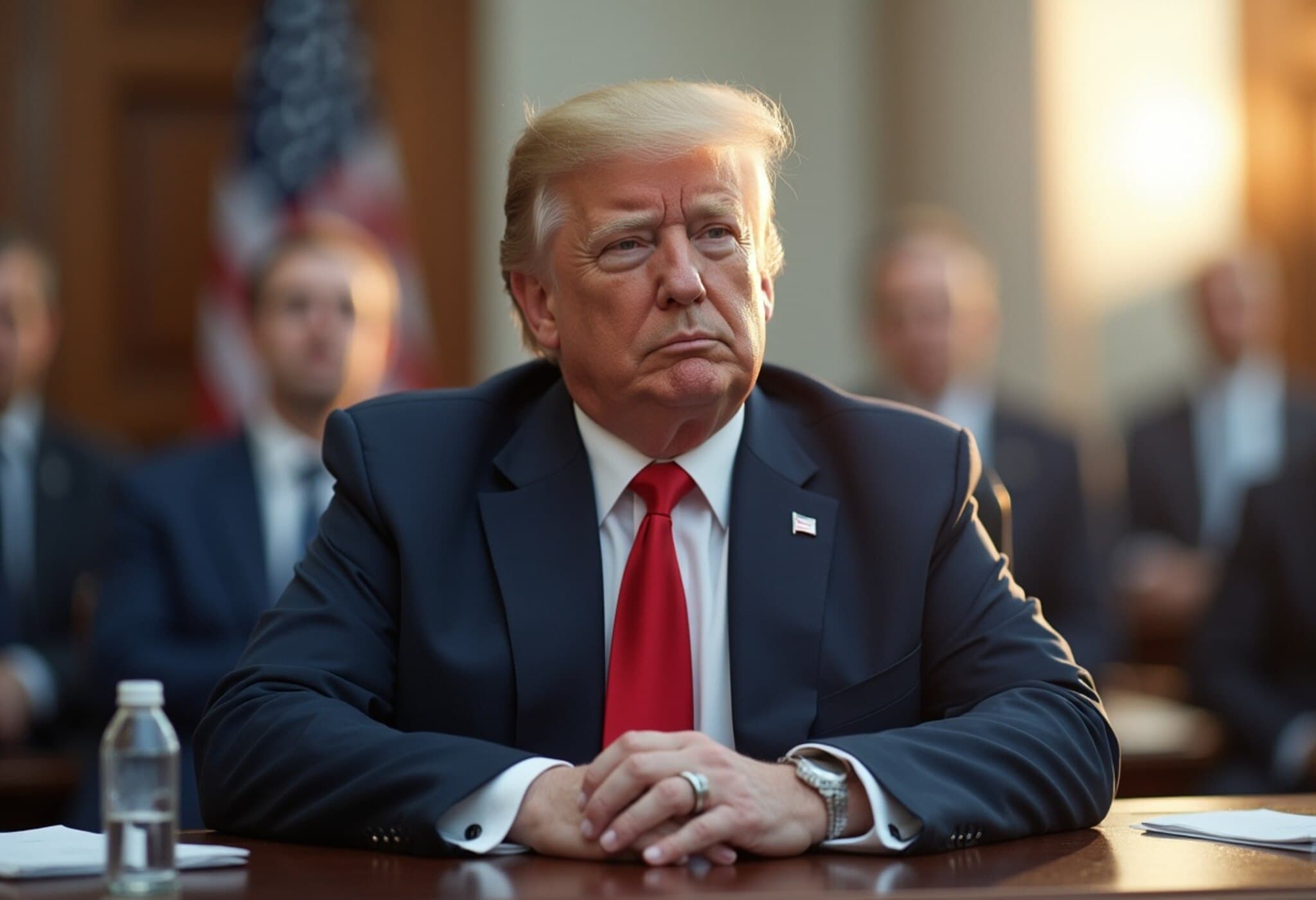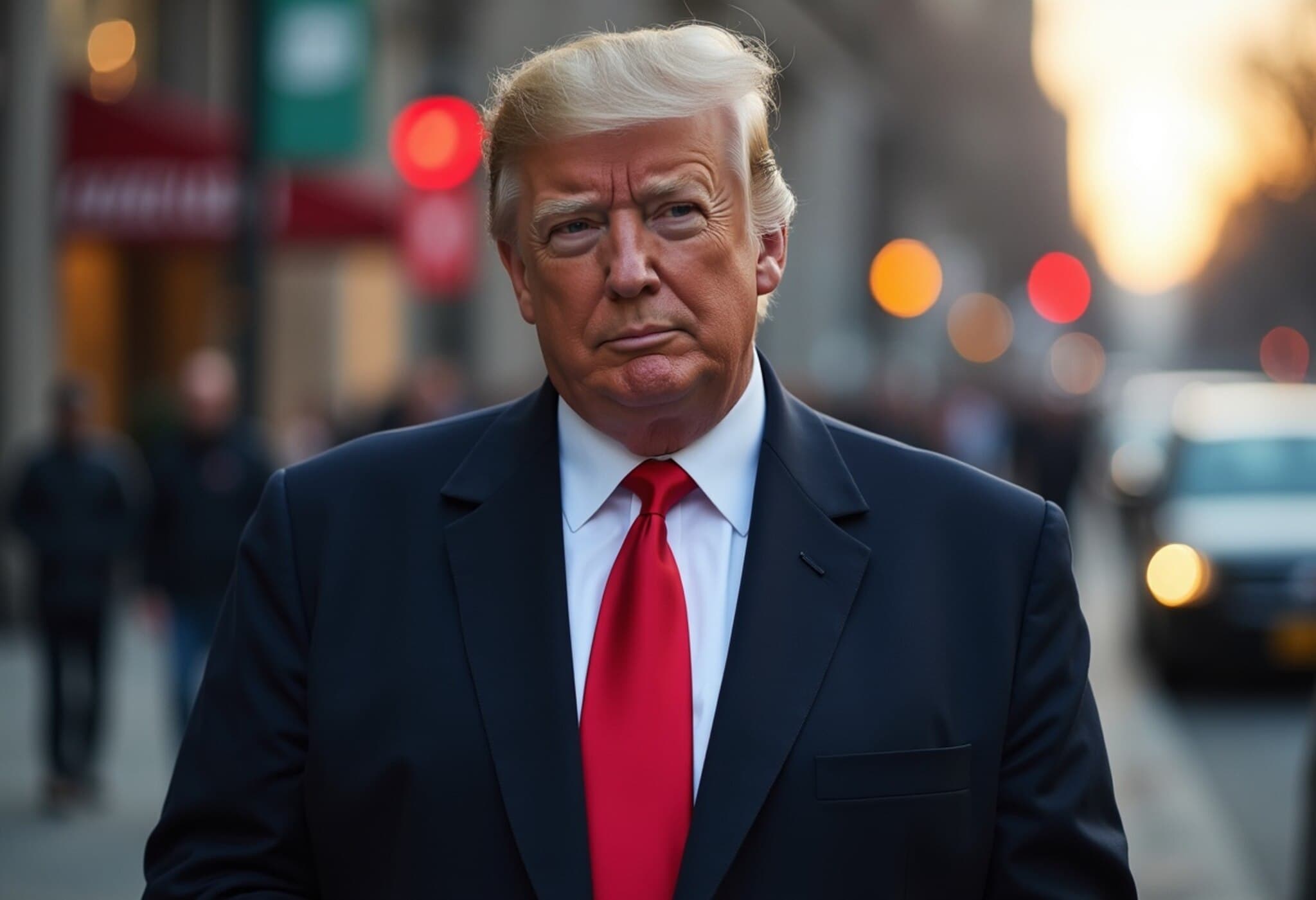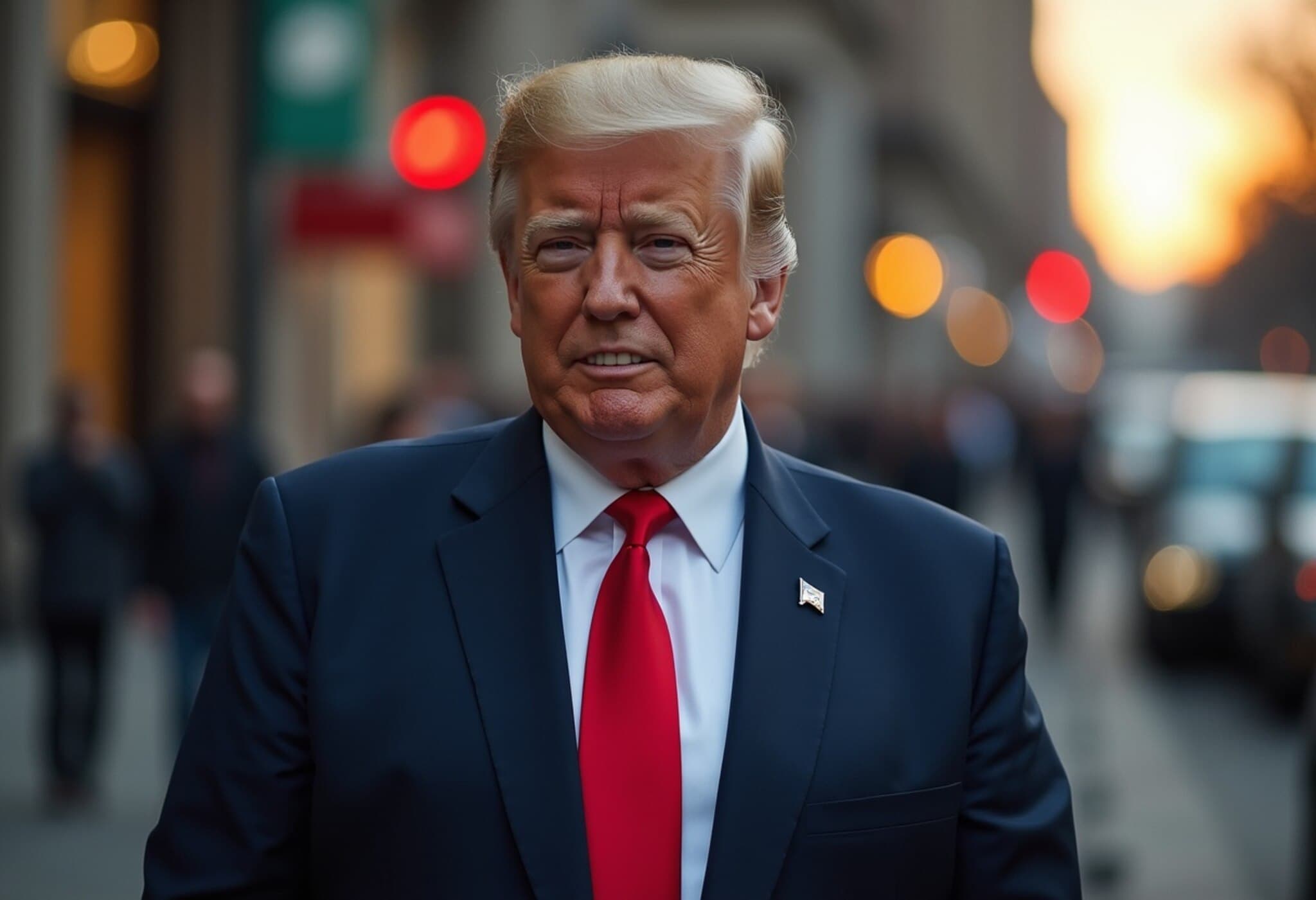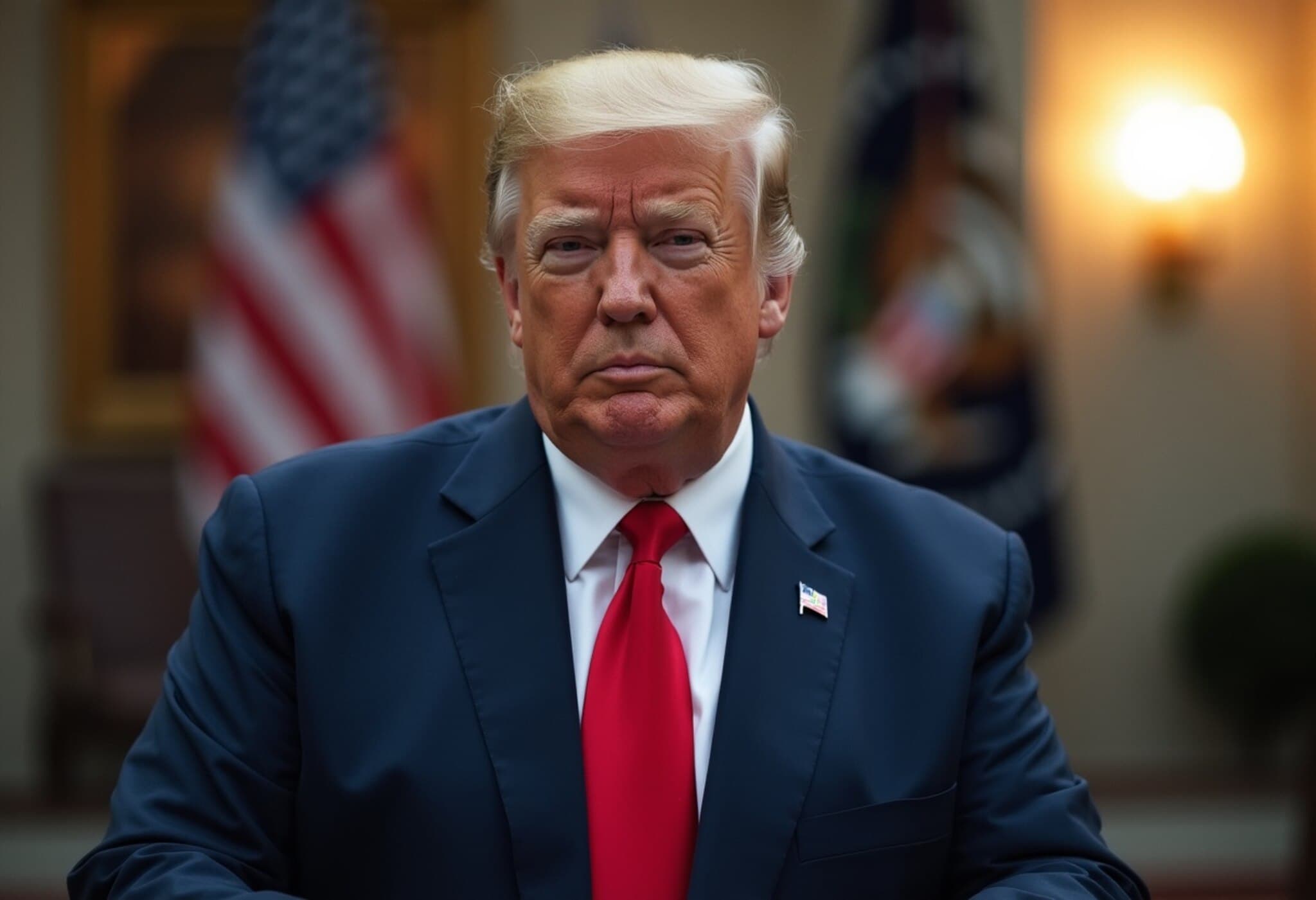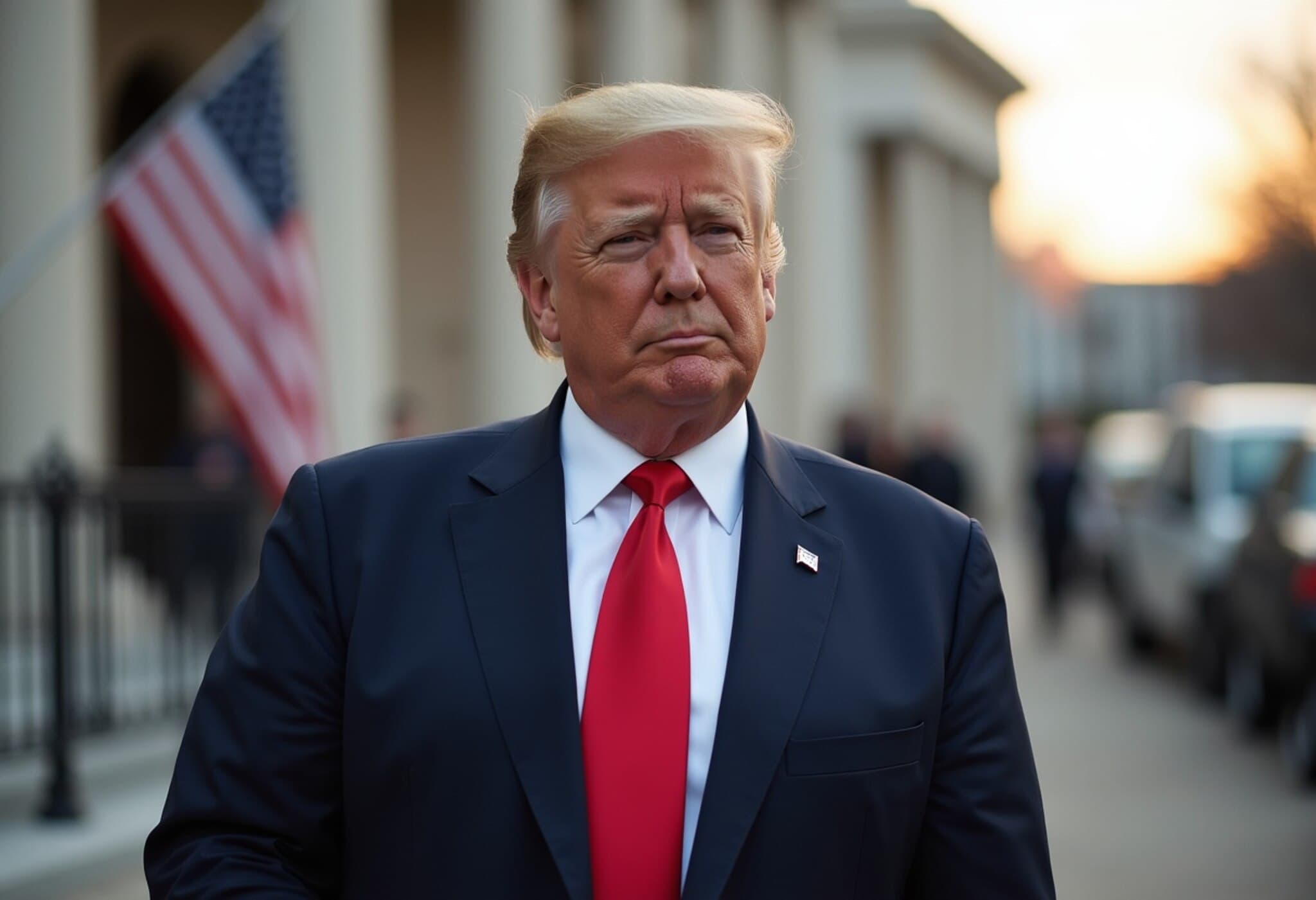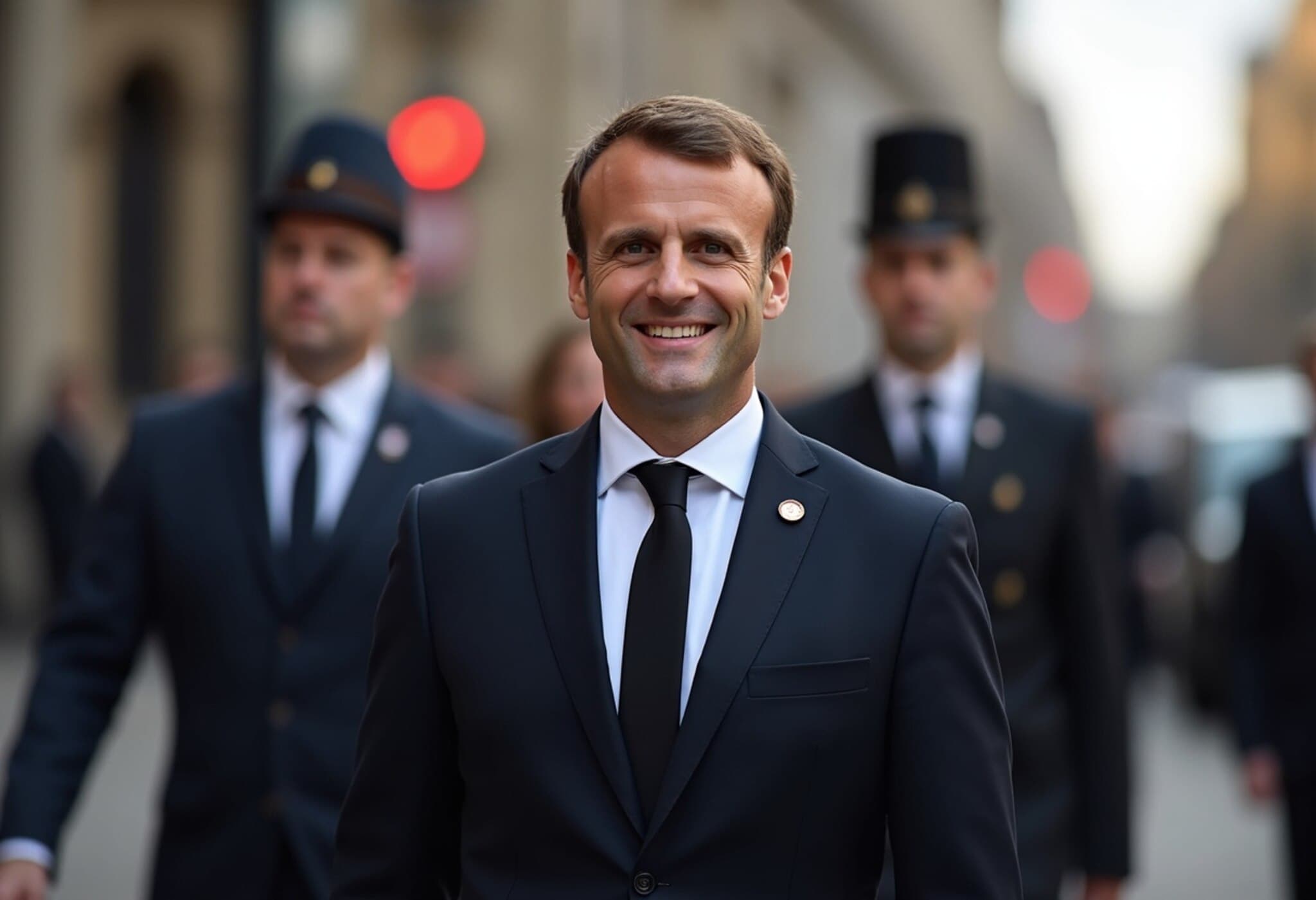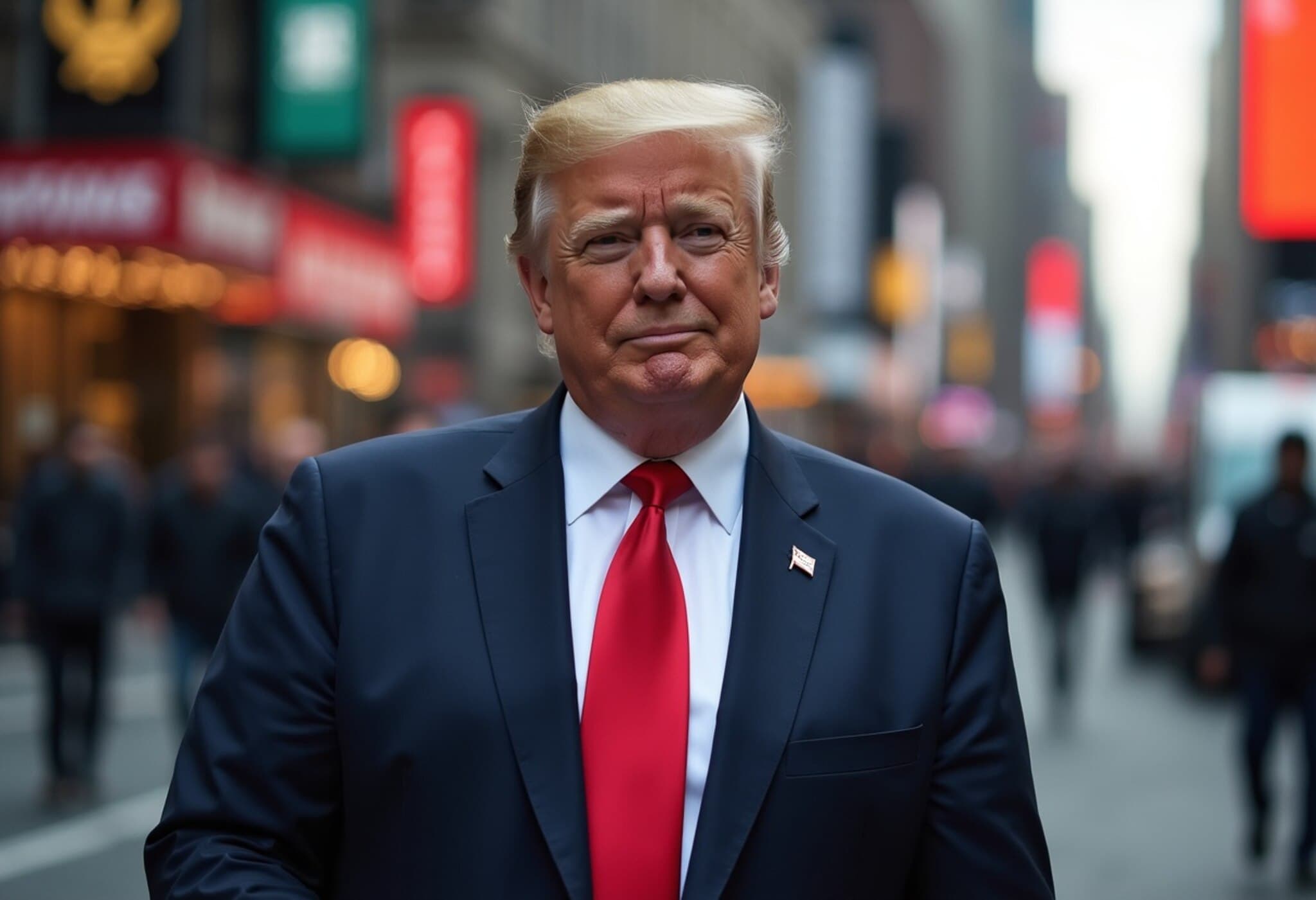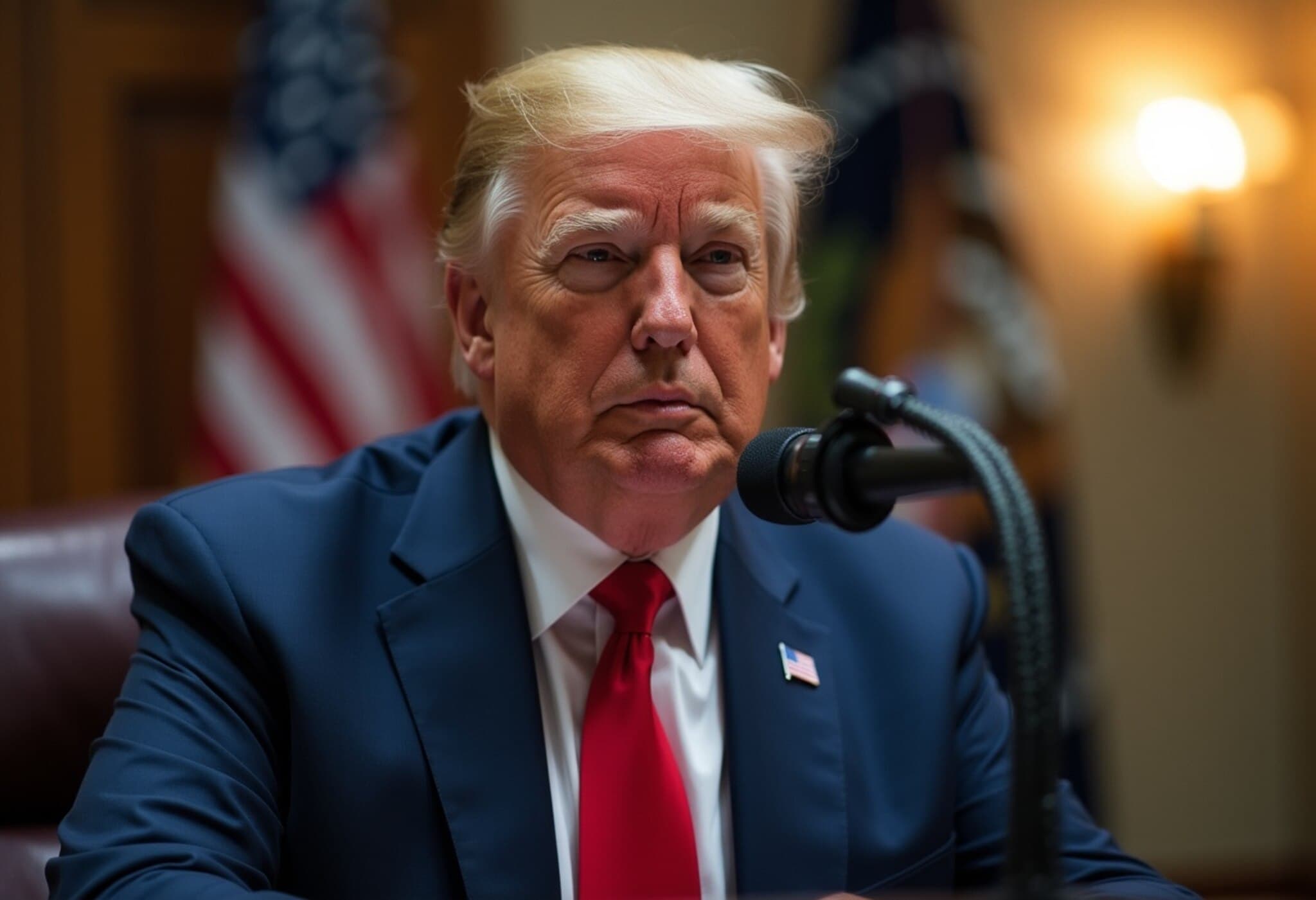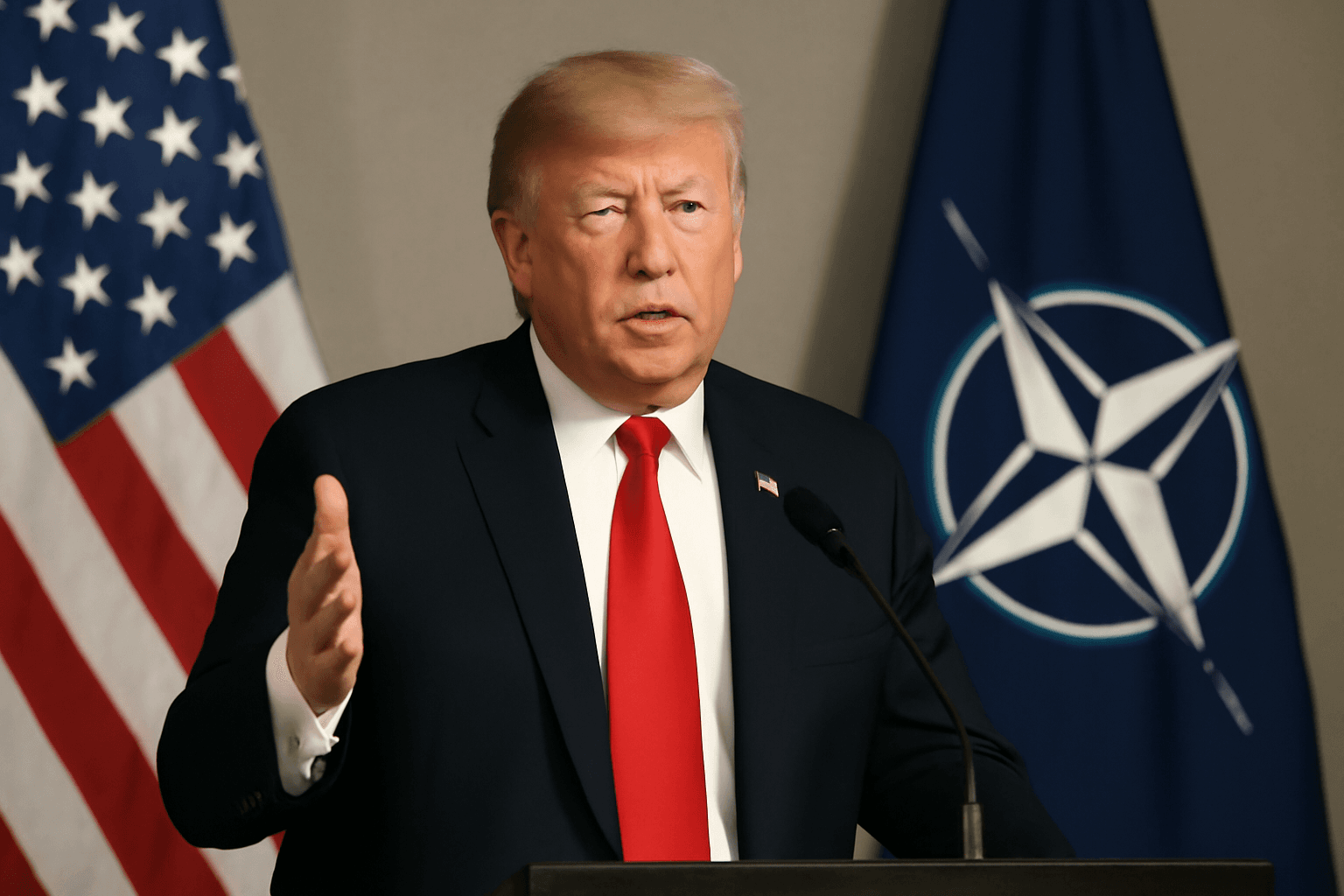Trump's Aggressive Tariff on Brazil Raises Legal and Political Eyebrows
In a bold and contentious move, President Donald Trump announced a sweeping 50% tariff on imports from Brazil, stirring fresh debates about the limits of presidential powers amid ongoing legal challenges. Delivered through a pointed letter to Brazil’s President Luiz Inácio Lula da Silva, the tariff was partly framed as a response to Brazil's legal actions against former President Jair Bolsonaro, reflecting a fusion of trade policy and political grievance.
The International Emergency Economic Powers Act in Focus
Trump’s declaration relies on the International Emergency Economic Powers Act (IEEPA), a law originally designed to enable the president to respond to unusual and extraordinary foreign threats. The White House confirmed that this legislation underpins the new tariffs, although critics argue this stretches its intended scope.
IEEPA has been central to a high-profile lawsuit. In April, the president invoked IEEPA to impose 'reciprocal' tariffs on many countries, citing America's escalating trade deficit and national security concerns. However, a federal court challenged the legality of Trump’s expansive interpretation, stating that his claimed authority exceeded what IEEPA permits.
Legal Battles and Judiciary Skepticism
The U.S. Court of International Trade ruled against Trump’s tariff imposition, branding it unlawful. However, a federal appeals court paused the enforcement of that decision pending further review, highlighting the uncertainty surrounding executive power in trade policy.
Legal experts, including Professor Ilya Somin, emphasize that the latest tariff on Brazil, while not directly part of the ongoing case, adds another layer of complexity. It underscores the administration’s controversial claim of possessing nearly unchecked discretion over trade matters – a position many view as indefensible under current U.S. law.
Political Motivations Behind the Tariff
Unlike generic tariffs targeting trade imbalances, Trump’s letter to Brazil explicitly ties the tariff to his disapproval of how Bolsonaro is being treated, calling the legal proceedings against the former leader a “witch hunt.” He alleges attacks on free elections and American free speech rights linked to Brazil's Supreme Court censorship of U.S. social media platforms.
However, Trump's claims are factually questionable. Contrary to his assertions of a U.S. trade deficit with Brazil, data from the U.S. Census Bureau reveals a $7.4 billion trade surplus favoring America in goods trade as of 2024. This disconnect between rhetoric and data fuels accusations of misinformation and political posturing.
Domestic Political Fallout
Senators Tim Kaine and Ron Wyden swiftly condemned the tariffs, branding them as job-killing and an abuse of presidential power. Wyden critiqued the move as a sacrifice of economic interests for personal vendettas, calling into question the legality of using emergency powers in such a politically charged manner.
Expert Insight: National Security vs. Trade Realities
While Trump argues the tariffs address national security risks posed by trade deficits, many economists and legal scholars dispute this linkage. Trade deficits, they point out, are common and not inherently threatening. When applied selectively or inaccurately—as in Brazil’s case—the rationale risks undermining trusted trade frameworks and international relations.
This controversy highlights a persistent dilemma in U.S. trade policy: balancing assertive protectionism with adherence to legal constraints and factual accuracy, especially as trade increasingly intertwines with geopolitical and domestic political calculations.
Looking Ahead: What This Means for U.S.-Brazil Relations and Trade Policy
The tariff escalation may strain an important economic partnership between the U.S. and Brazil, potentially disrupting sectors dependent on bilateral trade. Moreover, as court challenges proceed, the administration's expansive use of emergency powers to reshape trade policies remains under intense judicial and public scrutiny.
The unfolding legal saga serves as a critical test of executive power limits and the robustness of trade law frameworks in an era marked by rising nationalism and complex geopolitical tensions.
Key Takeaways
- Trump’s 50% tariff on Brazilian imports clashes with established trade data and legal interpretations.
- IEEPA, intended for national emergencies, is being controversially applied to economic trade issues.
- Ongoing court rulings may redefine presidential authority over tariffs and trade measures.
- Political motivations complicate the trade debate, especially regarding Brazil’s internal politics.
- Economic experts warn against conflating trade deficits with national security threats without clear evidence.
Editor’s Note
President Trump’s latest tariffs on Brazil spotlight the tensions between executive power and legal limits in U.S. trade policy. While protecting national interests is paramount, this episode raises critical questions about the balance of authority, the politicization of trade tools, and the long-term impact on diplomatic ties. Readers are encouraged to consider how emergency powers should be wielded in a complex global economy and what safeguards are necessary to prevent overreach.

